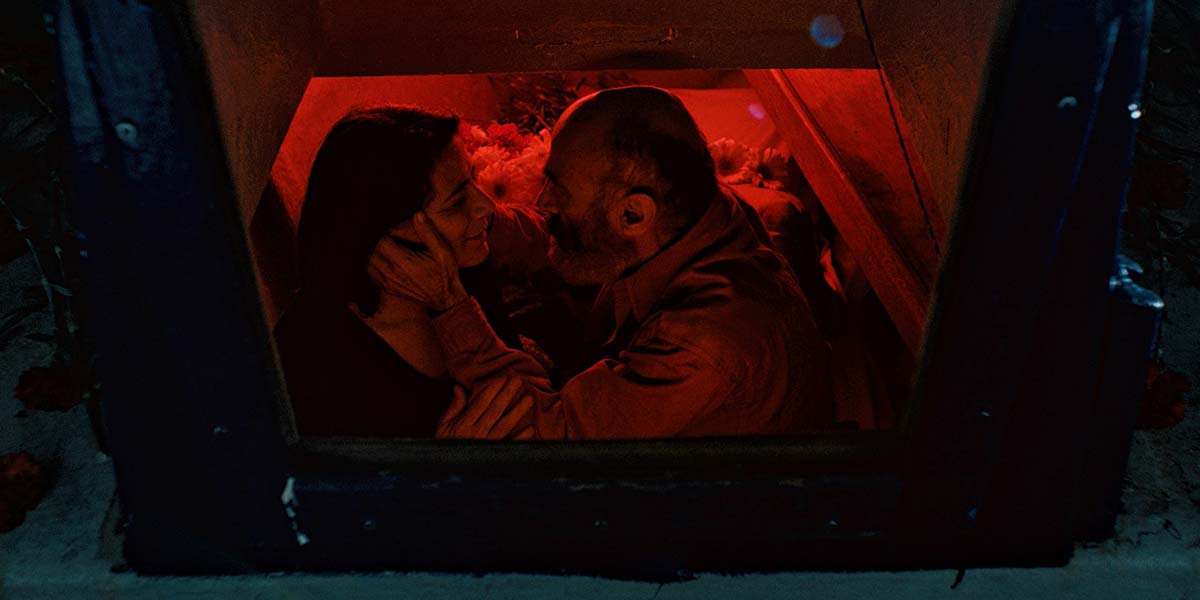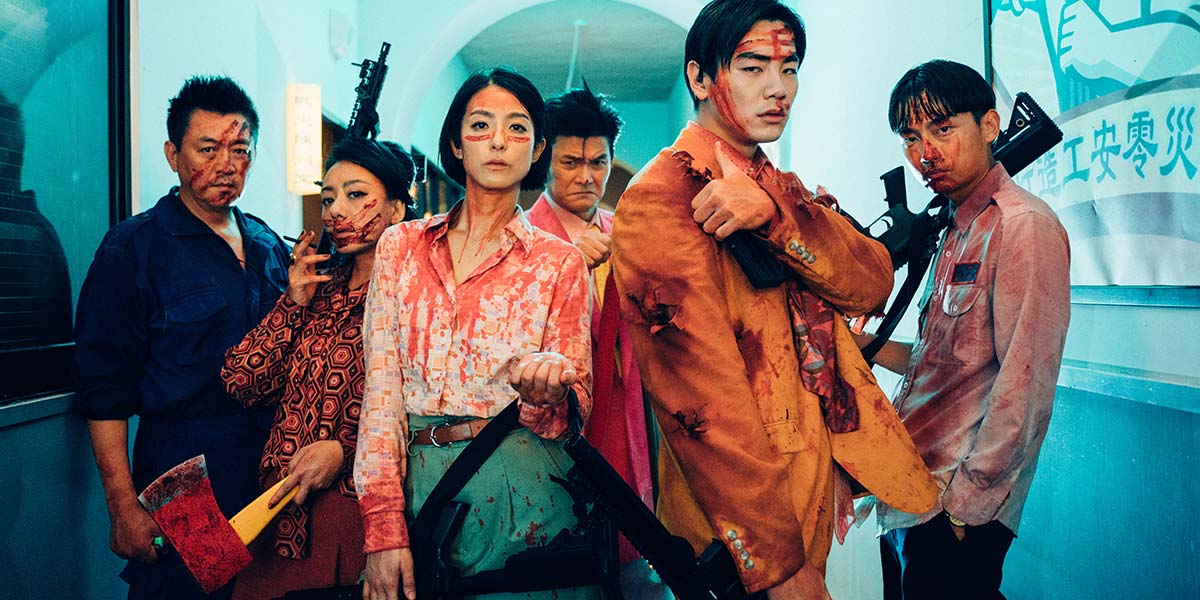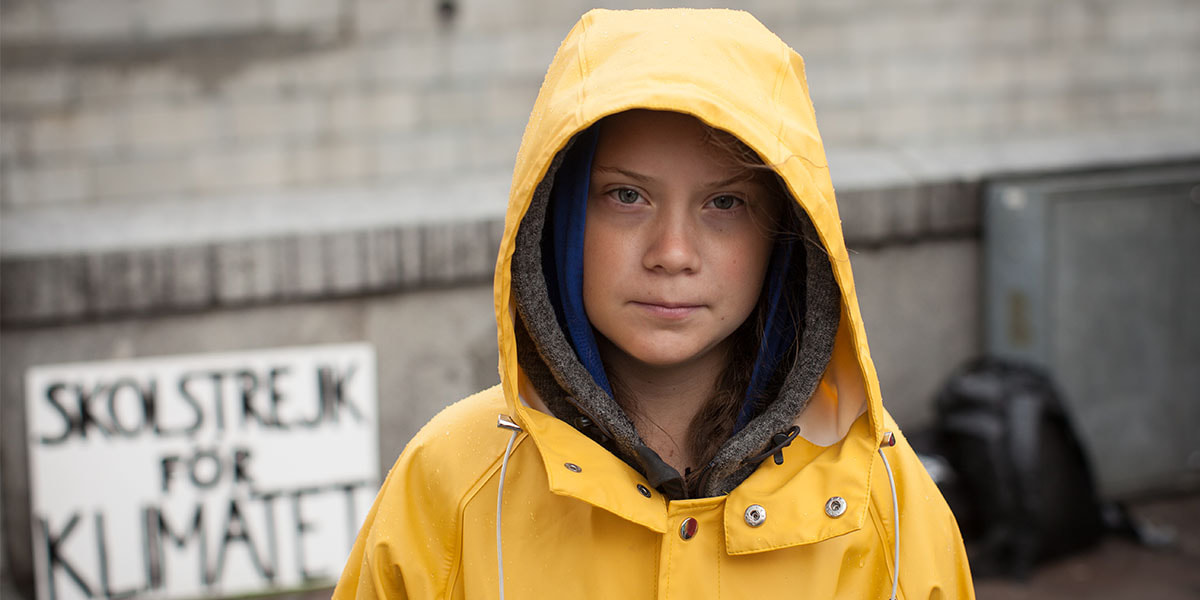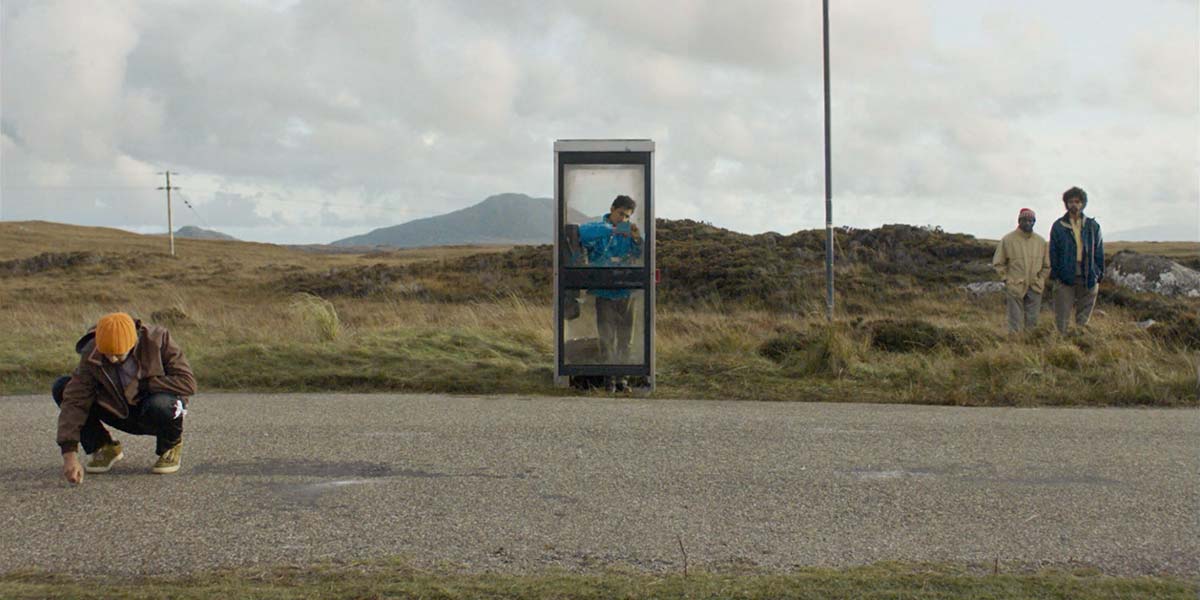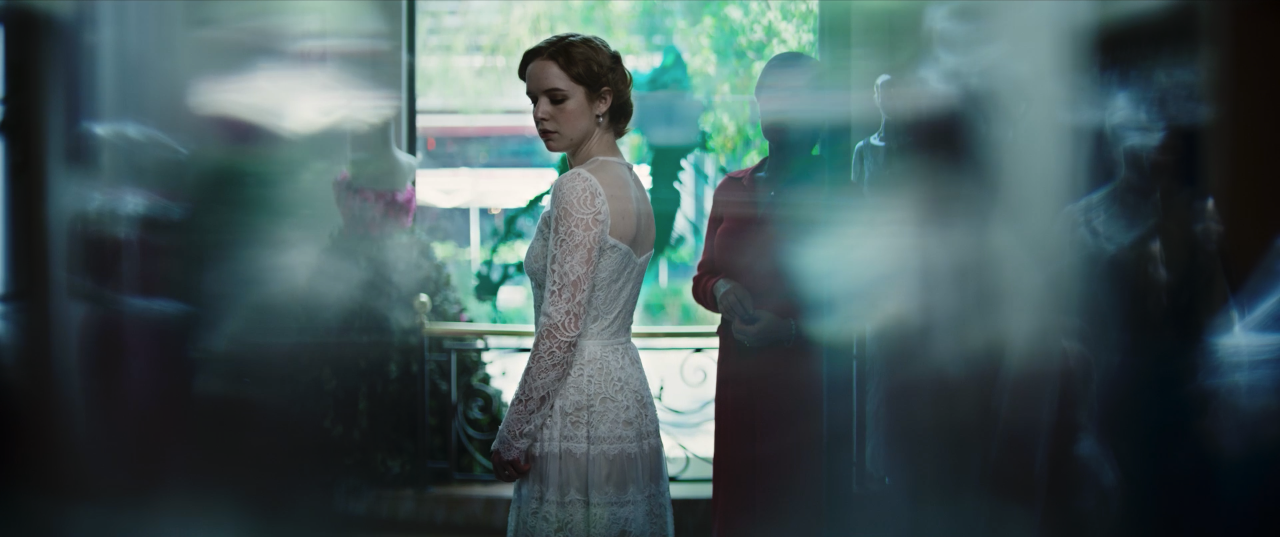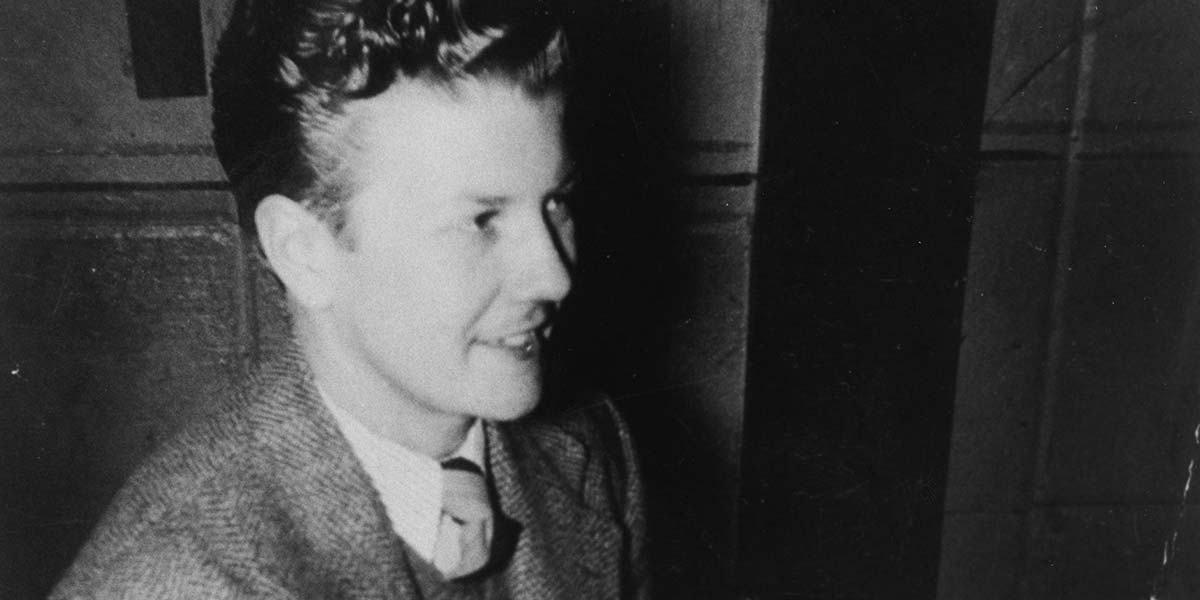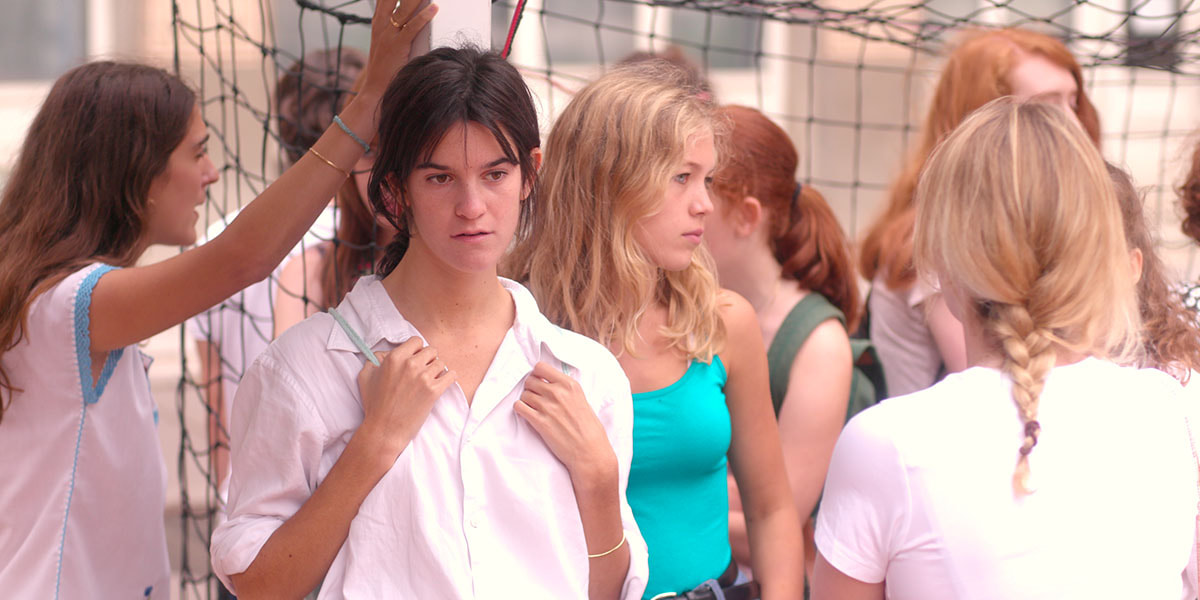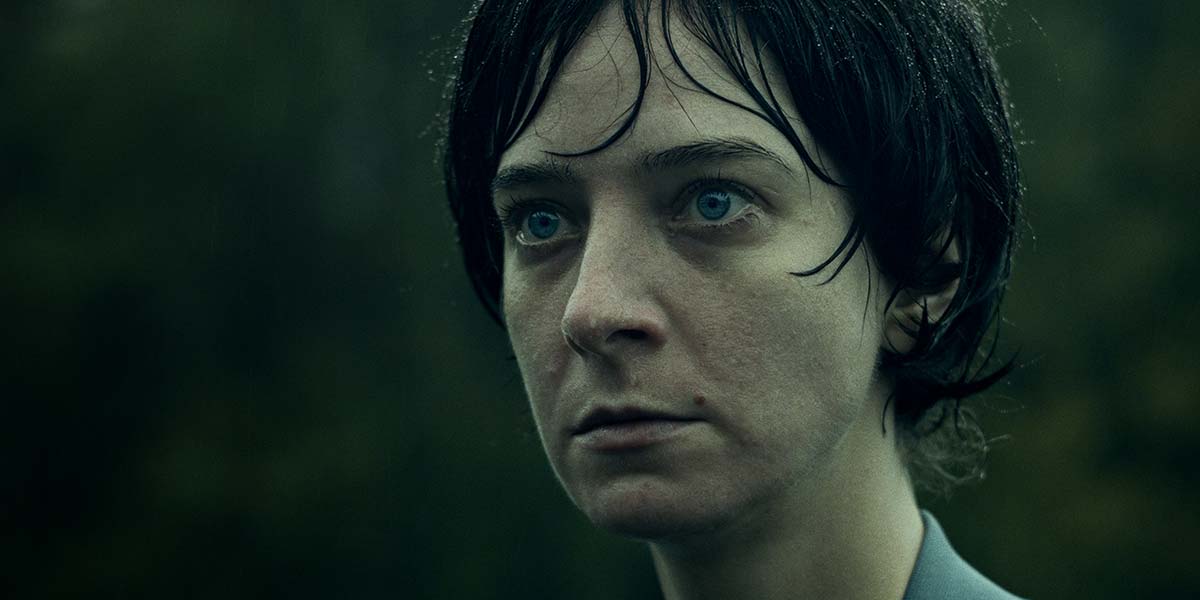|
By Sean Boelman
This year’s Toronto International Film Festival featured a reduced lineup of just fifty films, but even so, it would have been impossible for anyone to maintain their sanity while watching and reviewing every single one. Still, between the Official Selection and the Industry Selects sidebar, which added even more to the slate, disappointment media was able to catch a total of fifty-six feature films! Below are some of the films in the Official Selection that we didn’t get the chance to do a full review for, but we wanted to highlight anyway.
Bandar Band
Manijeh Hekmat’s road movie Bandar Band was one of the more alluring international offerings of this year’s Official Selection, but it didn’t live up to that potential. Following a band who travels through the flooded roads to Tehran, the film struggles to find a balance between meditative and joyous. Had the film been able to narrow itself down to one of its two purposes — an ode to music or a hard-hitting film about political issues — it would have been far more compelling. As is, it’s just a bunch of inconsistent scenes strewn together with a loose narrative.
Beans
The second runner-up in this year’s Audience Award voting, Tracey Deer’s coming-of-age drama Beans isn’t the average uplifting crowd-pleaser. Sure, the film does hit a lot of familiar beats, but they are presented with such an authentic voice that the end result doesn’t feel overly conventional. Exploring the Indigenous experience in a way that is empathetic and accessible to general audiences without pulling a lot of the punches that the genre is known to shy away from, it’s an entertaining and thoughtful film. And Kiawentiio is a star in the making with her phenomenal lead performance.
The Best is Yet to Come
The journalism drama The Best is Yet to Come is sure to leave viewers nostalgic for the era in which print journalism actually mattered to the public. And while print still very much matters as a medium, the story of this film doesn’t. The audience will undeniably care far more about the journalist’s experience than the issue which he is investigating. This may not be an inherently bad thing, but it also doesn’t sustain a nearly two-hour runtime. It simply lacks the scope of the more riveting entries in the genre, causing it to be mostly forgettable.
Falling
At every festival, there seems to be at least one film that gets in based on its star power alone, and this year, it’s Viggo Mortensen’s directorial debut Falling. Even though this story of a gay man trying to teach his elderly homophobic father some empathy is undeniably well-intentioned, it’s so misguided in its execution that it feels like a ticking time bomb that just barely manages to not explode. And if listening to an old man shouting homophobic rhetoric isn’t off-putting enough, the film features one of the year’s most truly bizarre sequences in which a young boy becomes enamored with a duck he shot.
Gaza mon amour
The Nasser Brothers’ romantic drama Gaza mon amour is a nice little movie and a welcome relief from the noticeably somber tone of much of the Official Selection. That said, this film about a man trying to court the woman with whom he is secretly in love is the very definition of slight. There are definitely some great things about it, like an excellent performance from Salim Dau, but other parts feel extremely underwhelming. Perhaps the biggest disappointment of the film is that the extremely talented Hiam Abbass, who plays the love interest, isn’t used to her fullest abilities.
Get the Hell Out
The Midnight Madness section of the Toronto International Film Festival is well-known to bring out some of the weirdest and most messed up movies of the festival circuit, and the Taiwanese zombie flick Get the Hell Out fits one of those two descriptions. Unfortunately, despite a really interesting premise, the commentary is underbaked and the visual style is inconsistent at best. A few bursts of satisfyingly gory violence and the occasionally witty one-liner don’t make up for the film’s lack of substance. With a more experienced director at the helm, this could have been much more entertaining than it is.
I Am Greta
Greta Thunberg has done some exceptional things in her life already despite being as young as she is. And while the cause for which she fights is undeniably a good one, and her accomplishments speak for themselves, she doesn’t yet have enough of a command of her persona to carry a documentary. It also doesn’t help that Nathan Grossman’s documentary is painfully conventional, causing it to be little more than a dull and straightforward biography. Those who are a “fan” of Thunberg’s work will be interested in this, but most others will find themselves a bit bored by its lack of depth.
Inconvenient Indian
One of the more ambitious and unconventional documentary offerings of this year’s festival, Michelle Latimer’s Inconvenient Indian brings author Thomas King’s book to the screen. This deconstruction of the colonization of Native Americans is absolutely fascinating. Making use of abstract imagery complemented by commentary from King, this is a very profound film. Admittedly, there is quite a bit going on here in a short ninety minutes, so the film feels a bit busy as a result. Nevertheless, Latimer’s passion for and connection with the source material is evident, and this allows her to craft a film that is completely captivating from start to finish.
Limbo
Ben Sharrock’s dark comedy Limbo gets off to a running start with a quirky introduction that shows the film’s potential to be a commentary on the very important issue of immigration. That said, after this initial intrigue wears off, the film turns into something much more conventional. Following a young immigrant alone in a foreign country waiting on the status of his immigration paperwork, the film struggles to find that balance between the satirical and the somber and meditative. Still, thanks to some excellent character work, it manages to be mostly compelling, even if it falls short in a few other departments.
Memory House
A Brazilian thriller with a darkly comedic edge, João Paulo Miranda Maria’s film Memory House would make a great double-bill with the indie favorite Bacurau. Following a factory worker who comes across a house that reminds him of his cultural origins, the film’s unique pacing will prevent it from connecting with most general audiences. Regardless, the observations that the filmmaker offers about cultural identity are quite insightful, and it is quite fascinating as such. The true highlight of the film, though, are its haunting visuals which create a nightmarish world rich in Latin American history and culture.
New Order
What is sure to be the most divisive film to come out of this year’s lineup, Michael Franco’s New Order is an absolute mess, but in the best way possible. Taking place in a city experiencing unrest that turns into full-on class warfare, the film is disturbing and brutal, but to powerful effect. Anyone who is Latino can tell you that Latin American history is covered with blood, and Franco does an excellent job of showing how these cultures are not as pretty as they may seem. There are a few issues, but for the most part, it’s powerful stuff.
No Ordinary Man
Although No Ordinary Man is at face value a biography of a trans masculine icon, it is also so much more. In their exploration of the life of Jazz musician Billy Tipton, filmmakers Aisling Chin-Yee and Chase Joynt explore not just Tipton’s life, but the way in which society tends to remember LGBTQ+ individuals and their experiences. Although there are some moments that utilize traditional documentary techniques, like archive footage and talking heads, it is the other, more innovative approaches to this story that will make it stand out. As the title would suggest, this is no ordinary biography.
Shiva Baby
Adapted from her own short, Emma Seligman’s Shiva Baby is a wonderful and brisk little comedy. Taking place nearly in real time, the film follows a young woman who runs into her sugar daddy while attending a funeral with her family. This is one of those comedies that really relies on secondhand embarrassment to milk an uncomfortable laughter out of the audience, and boy does Seligman succeed at that. It’s a truly hilarious exploration of familial bonds, among other things, and features some great performances to boot from Rachel Sennott, Molly Gordon, and Fred Melamed.
Spring Blossom
Young filmmaker Suzanne Lindon’s debut Spring Blossom is mostly notable because she wrote it as a teenager, and for a first film, it’s quite good. It’s definitely a very slight film, more impressive as a statement of the potential that Lindon has than a demonstration of it in action, but it’s a pretty enjoyable romance/coming-of-age film. Lindon’s best work in the film is arguably not as the writer or director, though — it’s in her leading role as the actress. It will definitely be exciting to get to see her do some more work with someone else at the helm.
Summer of 85
François Ozon has become known in recent years for making films that push the envelope, and while Summer of 85 may be a bit more safe, it’s still a tremendous work. A summer love movie with a dark twist, Ozon appears to be using this familiar story in unfamiliar ways, recapturing some of the stereotypes and cliches of LGBTQ+ cinema. Excellent performances from Félix Lefebvre and Benjamin Voisin ground the film, but it is Hichame Alaouie’s cinematography that is the real MVP. It’s an entertaining and breezy film that is a much more substantial alternative to the typical teen romance.
True Mothers
Naomi Kawase’s True Mothers has a really interesting concept, but it quickly devolves into little more than an upscale melodrama. Great cinematography and excellent performances can’t save a script that starts strong but goes all-in on the histrionics after the first act is over. Telling the story of a woman who is contacted by her adopted child’s birth mother, the convoluted narrative structure results in this film being about thirty minutes too long. Kawase shows a lot of talent behind the camera, but unfortunately, this is a film that easily could have benefitted from a substantial re-write.
Under the Open Sky
Miwa Nishikawa’s drama Under the Open Sky feels very long despite only clocking in at just under two hours. This story about a former yakuza trying to re-integrate himself into society simply isn’t as interesting as it should have been. There are definitely some things going for the film, like a phenomenal performance from Koji Yakusho and some solid cinematography by Norimichi Kasamatsu, but it feels like too much of the same old stuff we’ve seen countless times before. A few good moments aside, this film is fine but forgettable, which is a shame given the amount of talent involved.
Underplayed
Stacey Lee’s music documentary Underplayed deals with a tremendously important issue: gender inequality. However, in depicting the success of these great female DJs in the face of the adversity and opposition they have faced, Lee fails to do anything but shallowly inspire. Had she focused specifically on two or three of these artists, she would have been able to go into more depth on their experiences and how they are indicative of the industry as a whole. This general survey is still nice, and it obviously offers the opportunity to listen to some great beats, but otherwise, it doesn’t live up to its potential.
Violation
Dusty Mancinelli and Madeleine Sims-Fewer have made some truly harrowing shorts, so their feature debut Violation had a very high bar to meet. Unfortunately, despite some interesting ideas and a few disturbing moments, the film largely falls flat. This definitely isn’t a standard rape-revenge thriller, but it’s a character drama without much interesting character work. Mancinelli and Sims-Fewer try to leave too much unspoken and as a result fail to convey much of anything. It’s an eighty-minute movie stretched into over an hour-and-forty-five, and apart from one anxiety-inducing scene, it will test the viewer's patience.
The 2020 Toronto International Film Festival ran September 10-19.
0 Comments
Leave a Reply. |
The Snake HoleRetrospectives, opinion pieces, awards commentary, personal essays, and any other type of article that isn't a traditional review or interview. Archives
June 2024
Categories
All
|
|
|
disappointment media
Dedicated to unique and diverse perspectives on cinema! |





